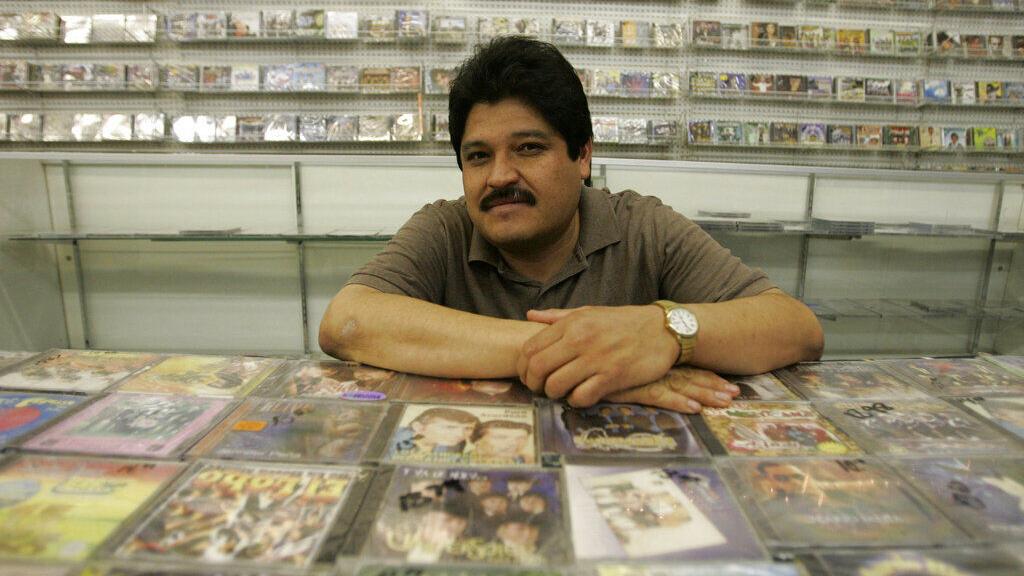A poll released Tuesday puts numbers to the difficulty Latino families endured during the pandemic, as 60% of those polled said they had work hours or pay cut or someone in their household had lost their job.
Among the same 1,000 Latino adults surveyed, 56% said they had difficulty paying bills or covering their utilities. Half said they have difficulty paying their mortgage or rent and one-third said they had not been able to pay for enough food.
The poll was conducted Aug. 16 to Aug. 31 by BSP Research for the Colorado Organization for Latina Opportunity and Reproductive Rights, with additional support from the Political Science Department at Metropolitan State University of Denver, the Colorado Democratic Latino Caucus, Voces Unidas de las Montañas and Protégete of Conservation Colorado.
The survey is the same groups’ project to regularly research and report on attitudes and policy issues affecting Latinos. A fuller poll will be issued Nov. 4.
“It is almost impossible to overstate the pandemic’s impact on the Latino community in Colorado,” Alex Sánchez, executive director of Voces Unidas de las Montañas, said in a statement. “When it comes to basic economic indicators like having the money to pay bills in order to keep a roof over their heads and put food on the table, the survey provides a sobering glimpse at how hard the economic recession caused by the pandemic has been for the state’s largest ethnic minority.”
Dusti Gurule, executive director of Colorado Organization for Latina Opportunity and Reproductive Rights, noted the “difficult and sometimes dire decisions” people faced during the pandemic.
“Now, they are looking to officials at the state and federal levels to deliver policies to improve the outlook for jobs and the economy as well as to address costs associated with necessities like housing, health care, and internet access,” she said.
The Colorado numbers jibe with those being reported nationally. On Oct. 13, the nonprofit Center on Budget and Policy Priorities reported, “The impacts of the pandemic and the economic fallout have been widespread, but remain particularly prevalent among Black adults, Latino adults, and other people of color. These disproportionate impacts reflect harsh, long-standing inequities — often stemming from structural racism — in education, employment, housing, and health care that the current crisis has exacerbated. Households with children also continue to face especially high hardship rates.”
The poll released Tuesday indicates Latinos on the Western Slope had higher incidences of food insecurity compared to the rest of the state at 40%, as well as 64% of those west of the Continental Divide who had difficulty paying their rent or mortgage.
In Denver, 64% of Latinos had their work hours reduced, according to pollsters.
Of those surveyed, almost 34% had used all or most of their savings to cover expenses, and 42% had $1,000 or less in savings to cover financial emergencies — 20% had less than $100.
Nineteen percent skipped a monthly car, rent or mortgage payment, and 20% postponed or cut back on health-related expenses. Eleven percent used higher-interest payday or easy-loan companies; that figure was 19% on the Western Slope.
The survey included online and over-the-phone interviews, on landlines and cellphones, with 1,000 Latino adults random selected online and over the in Colorado and has a margin of error of plus or minus 3.1%.
The poll was led by Dr. Gabriel Sanchez and Dr. Matt Barreto from BSP Research.
This content was originally published here.

